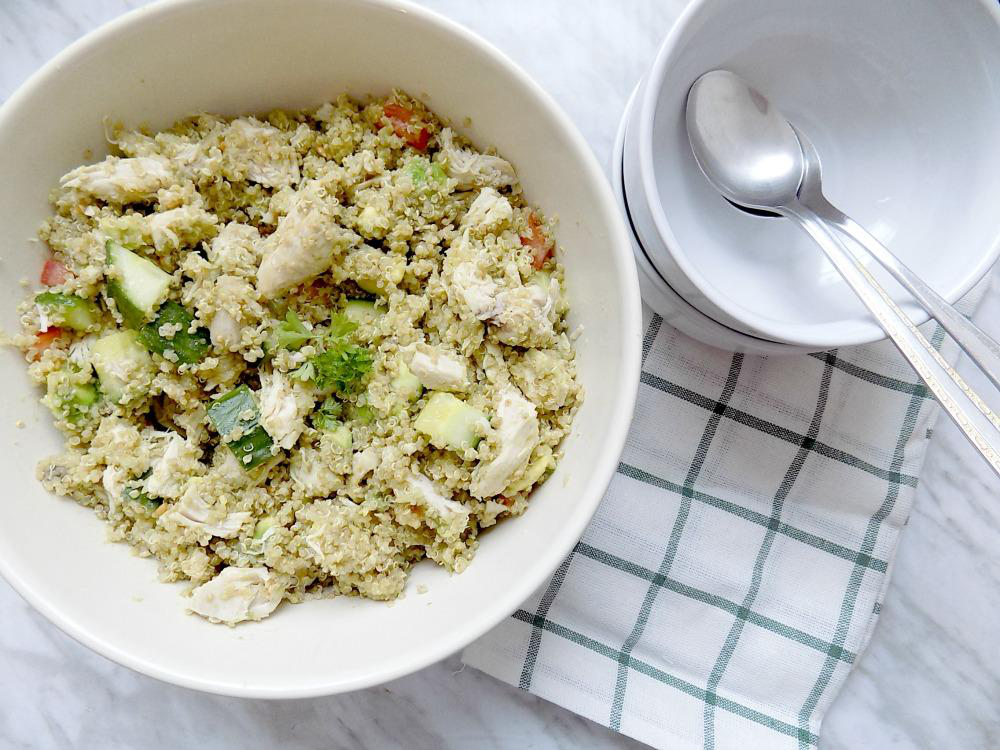There are many reasons why you tend to gain weight in the winter, but there’s only one result. You wind up greeting the spring heavier than you were the year before.
In fact, the average adult can gain anywhere from 1 to 5 pounds between November and February, according to the National Institutes of Health (1). The amount depends on how much you allowed yourself to indulge.
When you think about how that adds up from year to year, you can see why you may be in for a shock when you start shedding your bulky coats and sweaters in March. Before we get to the tips, let’s look at why weight gain is easier in the winter.
Why Does Winter Weight Gain Happen?
Most people think that it solely because of the extra food we eat during the holidays. Turns out it’s not! As mammals, our bodies have evolved to be adaptable in different conditions. Food isn’t always as plentiful in the winter, especially if a blizzard causes a deep freeze.
Consequently, our bodies have adapted to become more insulin resistant in the winter. This stems from ancient times when the world was colder and humans hadn’t developed agricultural practices. In times of a smaller food supply our bodies purposely hold on to everything we eat to protect us (2) should a famine suddenly happen!
Make this the year you break the cycle. Consider these tips for upgrading your diet and staying active so you’ll be leaner year-round.
Eating Tips to Fight Winter Weight Gain:
1. Reduce Portions
Comfort foods and holiday treats can be hard to resist. Instead of depriving yourself completely, cut down on serving sizes so you can have a taste of your favorite dishes.
2. Load up on produce
Depending on where you live, some fresh fruits and vegetables may be in short supply at your local grocery. Look for winter produce like cabbage, beets, and Brussels sprouts. Try shopping the frozen food aisle for items that freeze well, like spinach and peas.
3. Party wisely.
Holidays are prime time for socializing. Focus on conversation and dancing rather than eating and drinking. Take the edge of your hunger with a healthy snack beforehand to avoid going overboard on hors d’oeuvres and dessert buffets.
4. Limit alcohol
Cocktails have undermined many diets. In addition to the empty calories they contain, they tend to weaken your willpower. Restrict yourself to one or two light drinks such as wine or Bloody Mary’s.
5. Bring snacks
Be prepared for shopping expeditions and office food platters by storing wholesome treats in your car and desk drawers. Good choices include nuts, baby carrots, and low-sugar protein bars.
6. Lighten up on specialty coffee drinks
Specialty coffee drinks may contain more sugar and calories than a big meal. Save them for an occasional splurge, and order the smallest size.
7. Eat mindfully.
Holidays can be hectic. Pay attention to the quality of your food and how many calories you’re consuming. Otherwise, you may consume large quantities of junk food without thinking, especially while watching TV.
8. Recover quickly.
If you do go off your diet, bounce back as soon as possible. Eat a bit less for the next day or two.
Exercise Tips to Fight Winter Weight Gain:
1. Make a commitment
It’s natural to want to stay indoors when it’s cold and wet outside. Advance planning and determination will help you to go running in the morning or visit the gym after work.
2. Bundle up
Layers of warm and insulated clothing can keep you more comfortable outdoors. Remember to keep your face, hands, and feet protected too.
3. Share the fun
Take your mind off the low temperatures by having fun with family and friends. Go ice skating or cross country skiing. Find a workout buddy so you can motivate each other and feel more accountable to show up as planned.
4. Create a home gym.
There may be some days when the weather is so extreme that it makes more sense to stay indoors. You can still stick to your workout schedule if you have some equipment at home. Invest in a treadmill or jump rope. Pick up a variety of exercise DVDs or browse online for interesting titles.
Final thoughts on Winter Weight Gain
Eating less and exercising more can help you to stop winter weight gain in its tracks. When you manage your weight, you lower your risk for many serious health conditions, and give yourself more energy to enjoy the activities you love.


